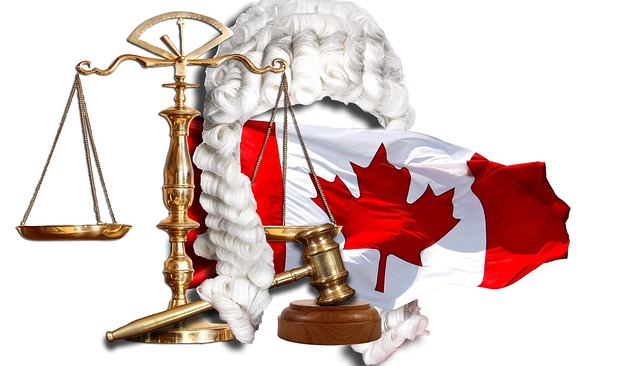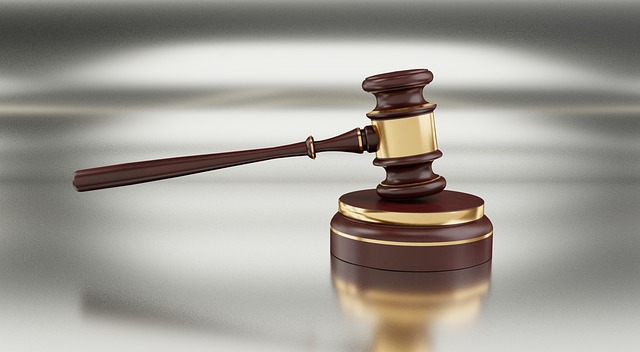Whistleblower protection lawsuits are crucial in exposing illegal activities, particularly high-stakes cases like antitrust issues in pharmaceutical industry mergers. These suits hold corporations accountable for white-collar crimes, empowering employees to combat corporate misconduct. In antitrust, whistleblowers reveal market distortions caused by practices like price-fixing or anti-competitive mergers, ensuring fair business and protecting consumers. Recent attention on pharmaceutical mergers highlights the impact on competition and drug prices, with whistleblower lawsuits exposing behaviors like price-fixing and generic competition suppression. Safeguarding these informants in the pharmaceutical sector requires tailored legal defenses against unjust charges while fostering a safer environment for disclosures through advocacy for stronger whistleblower protection laws.
“Uncovering corruption and ensuring transparency is vital within the pharmaceutical industry, especially during mergers and acquisitions. This article explores whistleblower protection lawsuits, a crucial aspect of maintaining integrity in the face of complex business transactions. We delve into ‘Antitrust Concerns in Pharma Mergers’, analyzing how these deals can spark legal battles and the need for robust whistleblower protections. Additionally, we provide strategies to safeguard individuals who expose fraudulent activities, highlighting the significance of these laws in navigating antitrust issues within the industry.”
- Understanding Whistleblower Protection Lawsuits
- Antitrust Concerns in Pharma Mergers
- Strategies for Protecting Pharmaceutical Whistleblowers
Understanding Whistleblower Protection Lawsuits
Whistleblower Protection Lawsuits play a pivotal role in exposing illegal activities, particularly in high-stakes cases such as those involving antitrust issues in pharmaceutical industry mergers. These lawsuits are instrumental in holding corporations and individuals accountable for white collar and economic crimes that often go undetected. By providing a legal avenue for employees to come forward without fear of retaliation, whistleblower protection laws empower individuals to stand against corporate wrongdoings.
In the context of antitrust issues, whistleblowers can reveal practices that distort market competition, such as price-fixing or anti-competitive mergers. These revelations are crucial in maintaining fair business practices across the country and ensuring consumers aren’t harmed by illicit economic activities. Whistleblower Protection Lawsuits have emerged as a powerful tool in this fight, offering significant financial rewards for those who courageously expose these hidden crimes.
Antitrust Concerns in Pharma Mergers
In recent years, antitrust concerns in pharmaceutical industry mergers have come under significant scrutiny, raising important questions about competition and consumer welfare. As these massive deals dominate headlines, regulators are tasked with evaluating their potential impact on drug prices, innovation, and patient access. The pharmaceutical industry’s historical consolidation has led to a handful of giants controlling vast market shares, sparking fears of anti-competitive practices that could stifle generic drug development and drive up costs for essential medications.
These antitrust issues in pharmaceutical mergers extend beyond financial implications, with potential consequences for patient health as well. Whistleblower protection lawsuits have played a crucial role in exposing alleged anti-competitive behaviors, such as price-fixing schemes and the suppression of generic drug competition. For his clients who have been at the forefront of these revelations, avoiding indictment while safeguarding public interest has become a complex and vital mission. Across the country, these cases are paving the way for increased transparency, accountability, and fairer practices within the pharmaceutical industry.
Strategies for Protecting Pharmaceutical Whistleblowers
Protecting whistleblowers in the pharmaceutical industry is an intricate task given the sensitive nature of their disclosures and potential backlash from powerful entities. These individuals play a crucial role in exposing illegal practices, including anticompetitive conduct and fraud, which often occur during industry mergers and acquisitions. Strategies to safeguard them must be robust yet proportional, focusing on preventing unjust criminal charges while ensuring their right to speak out.
One approach is to leverage specialized legal defenses tailored for pharmaceutical whistleblowers. This includes challenging the admissibility of certain evidence and scrutinizing the motives behind investigations. A well-prepared general criminal defense strategy can help avoid indictment or secure winning challenging defense verdicts. Additionally, advocating for whistleblower protection laws and policies can create a safer environment, encouraging more people to come forward with significant information on antitrust issues in pharmaceutical industry mergers.
Whistleblower protection lawsuits play a pivotal role in addressing antitrust concerns within the pharmaceutical industry, fostering transparency and accountability. By understanding these legal mechanisms, whistleblowers can come forward with crucial information about potential mergers that may violate competition laws. Implementing effective strategies to protect these individuals is essential for exposing and resolving antitrust issues in pharmaceutical industry mergers, ultimately ensuring fair market practices.






